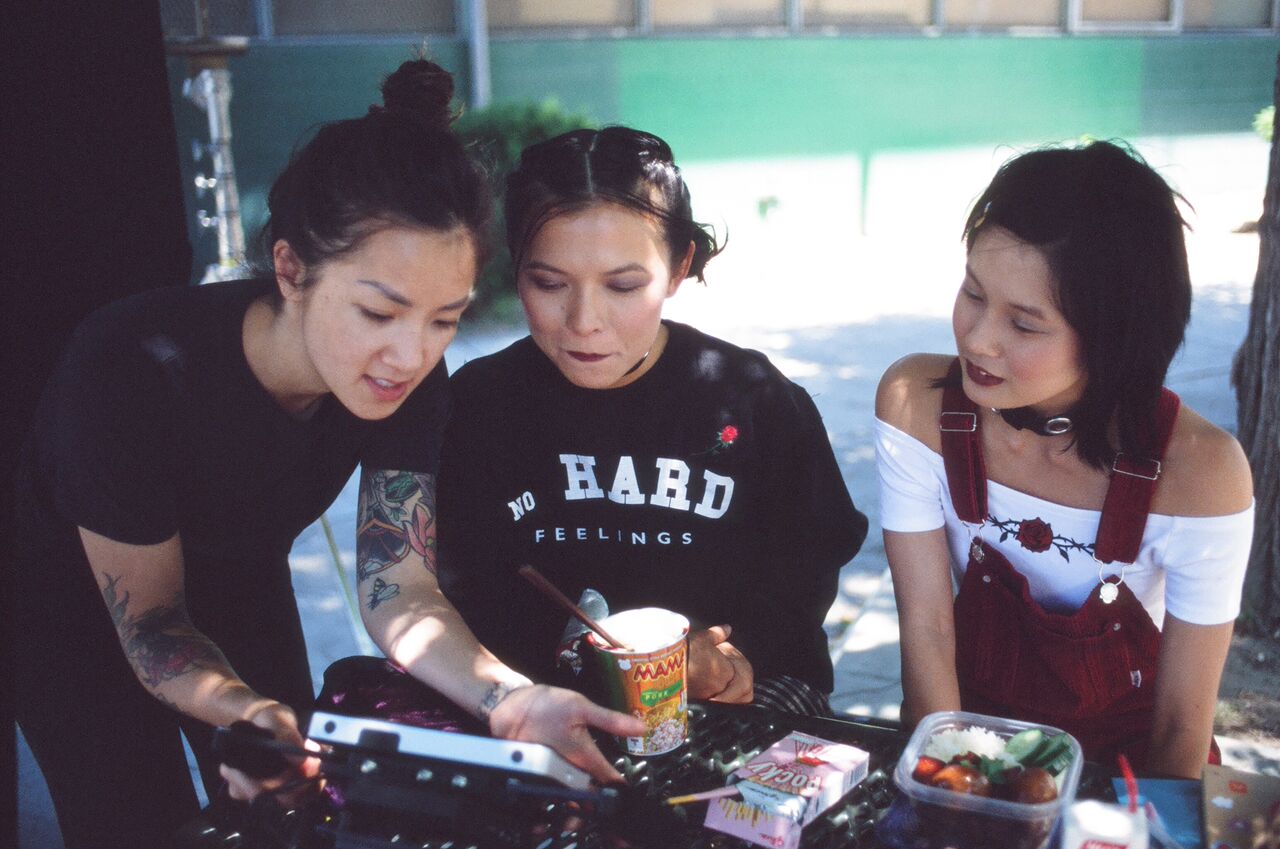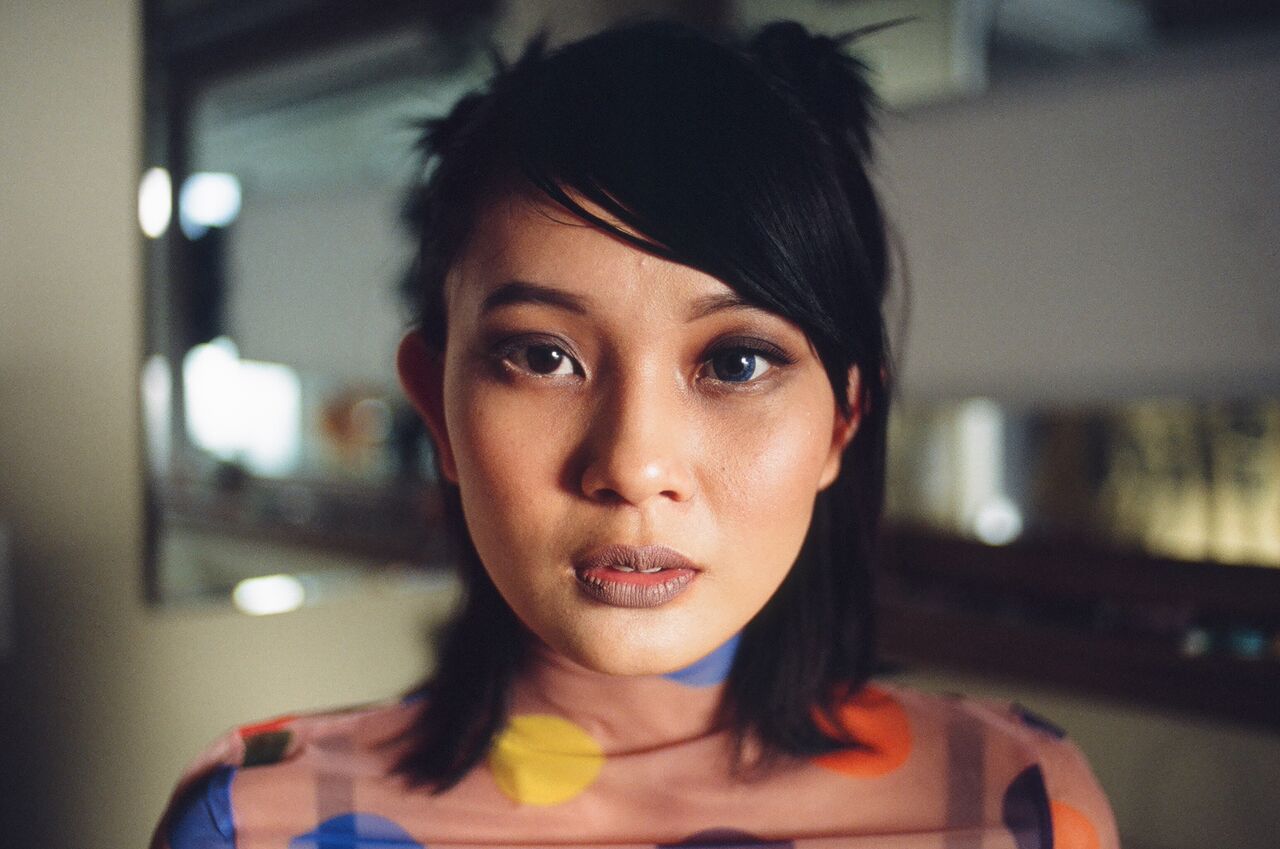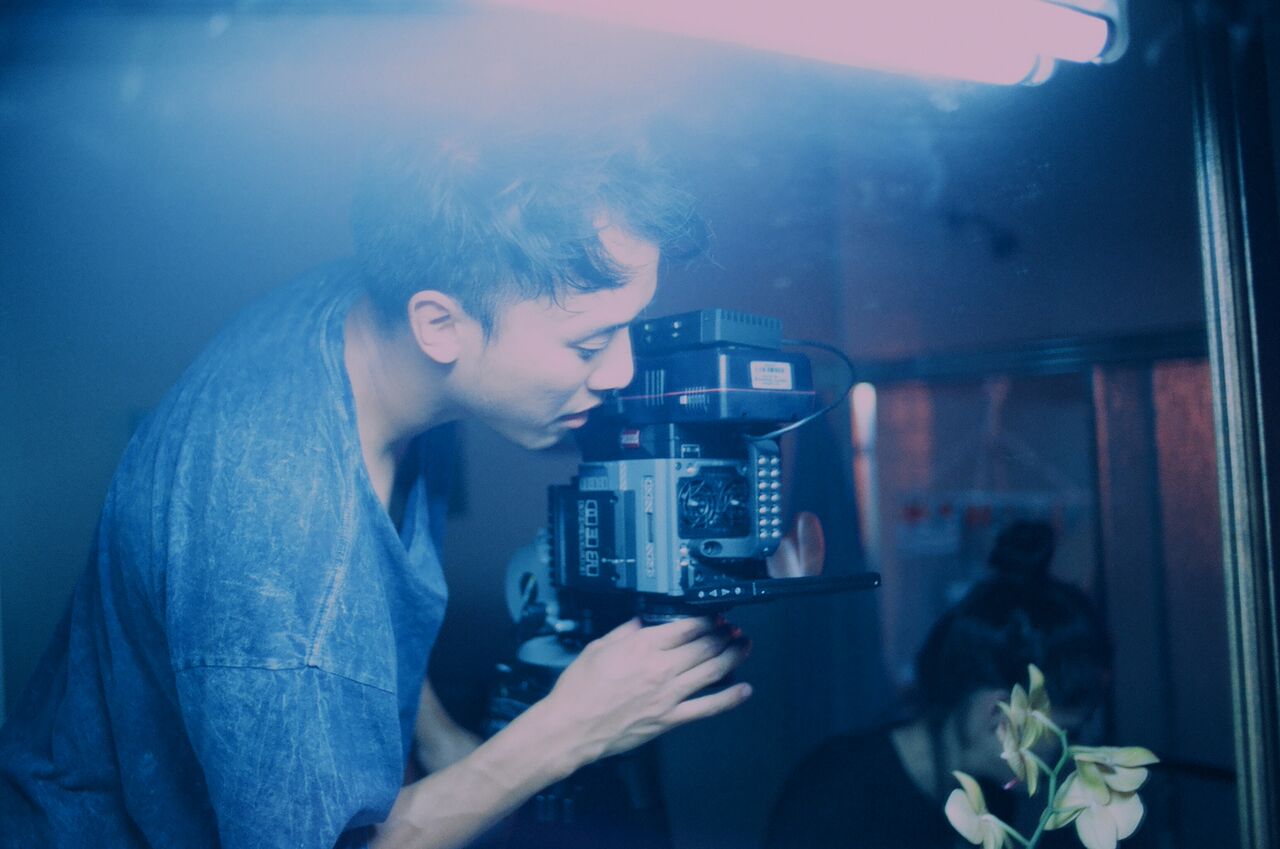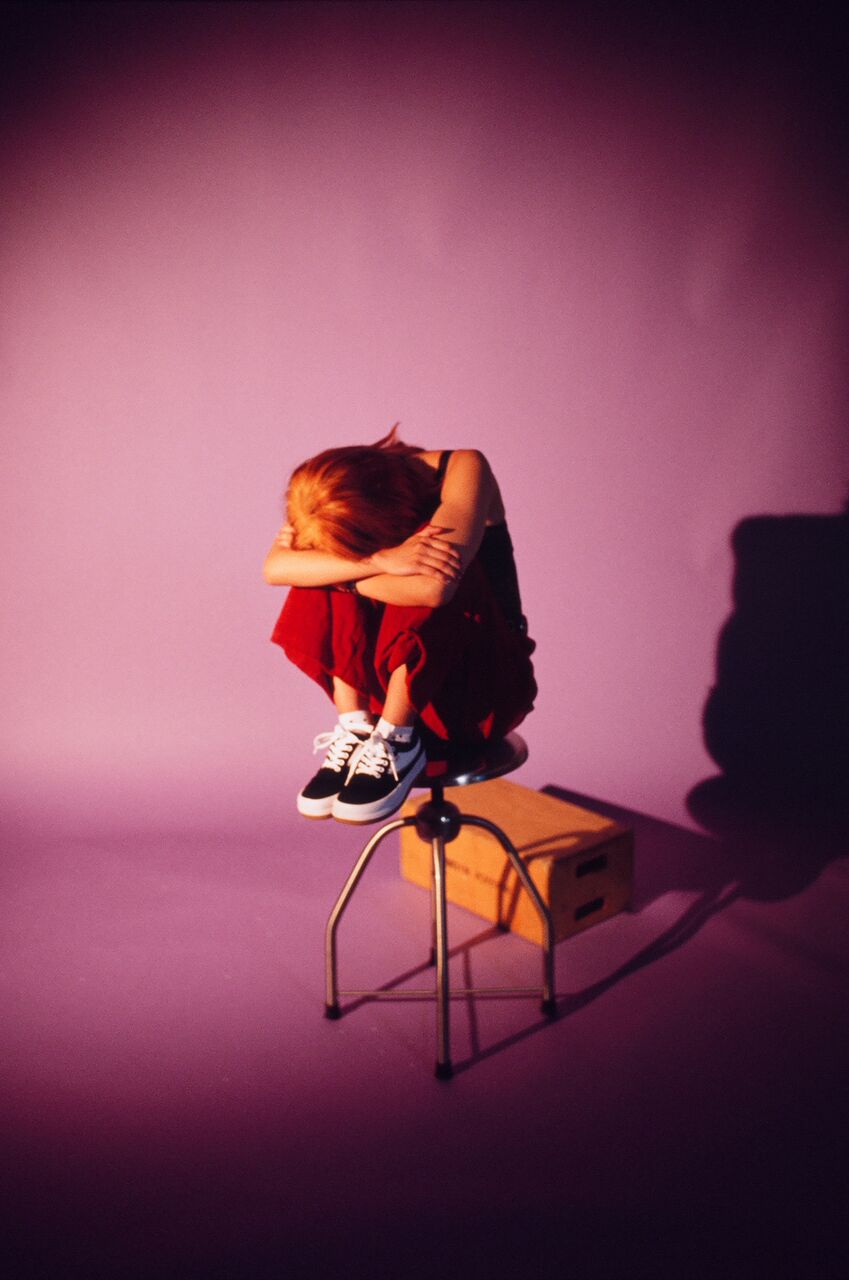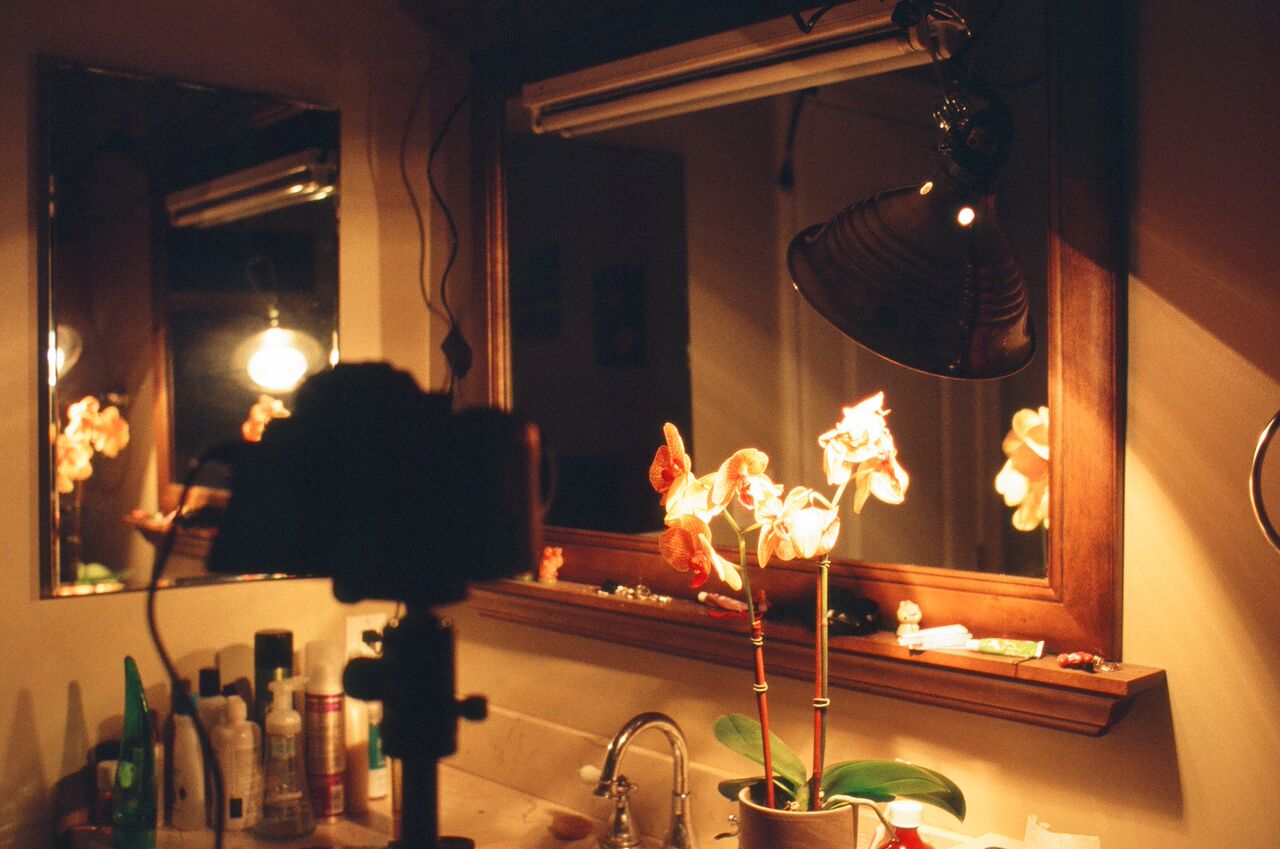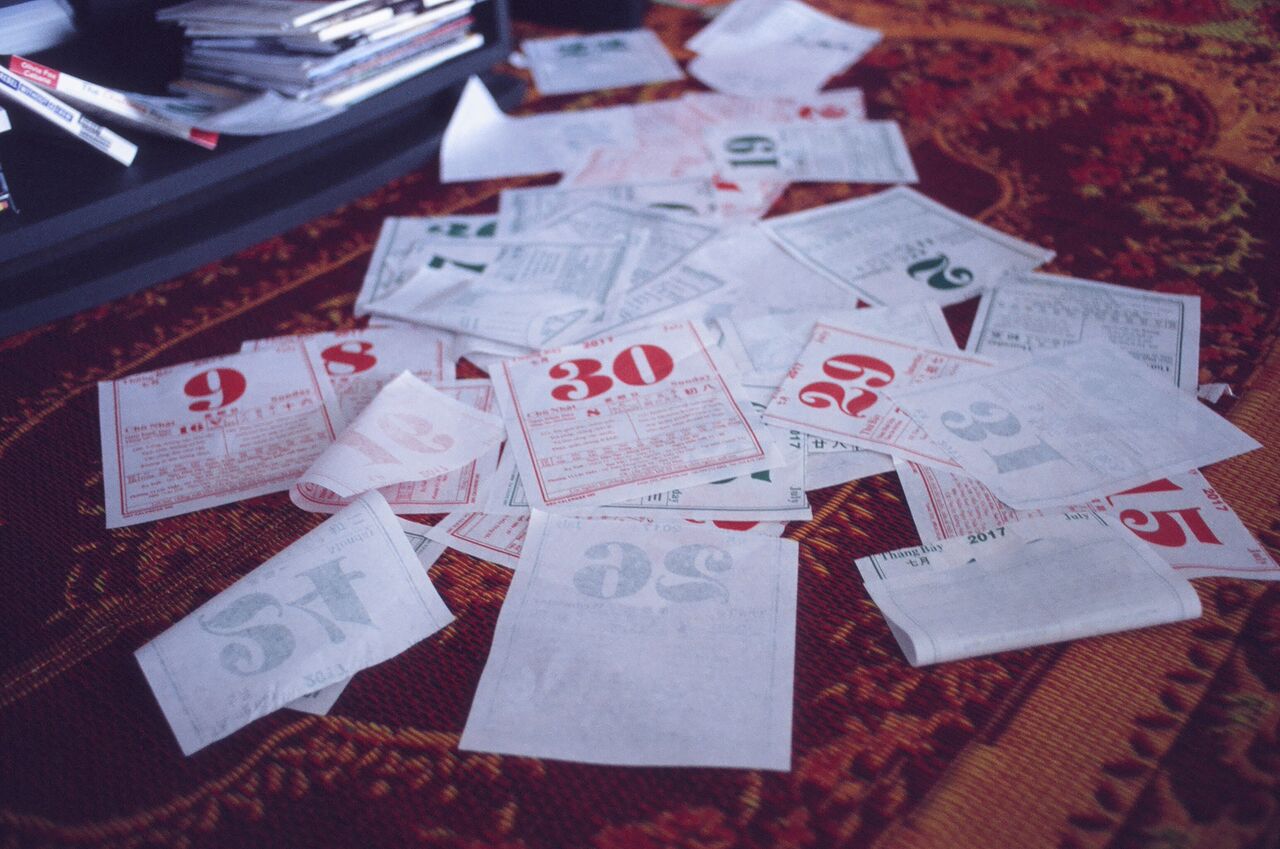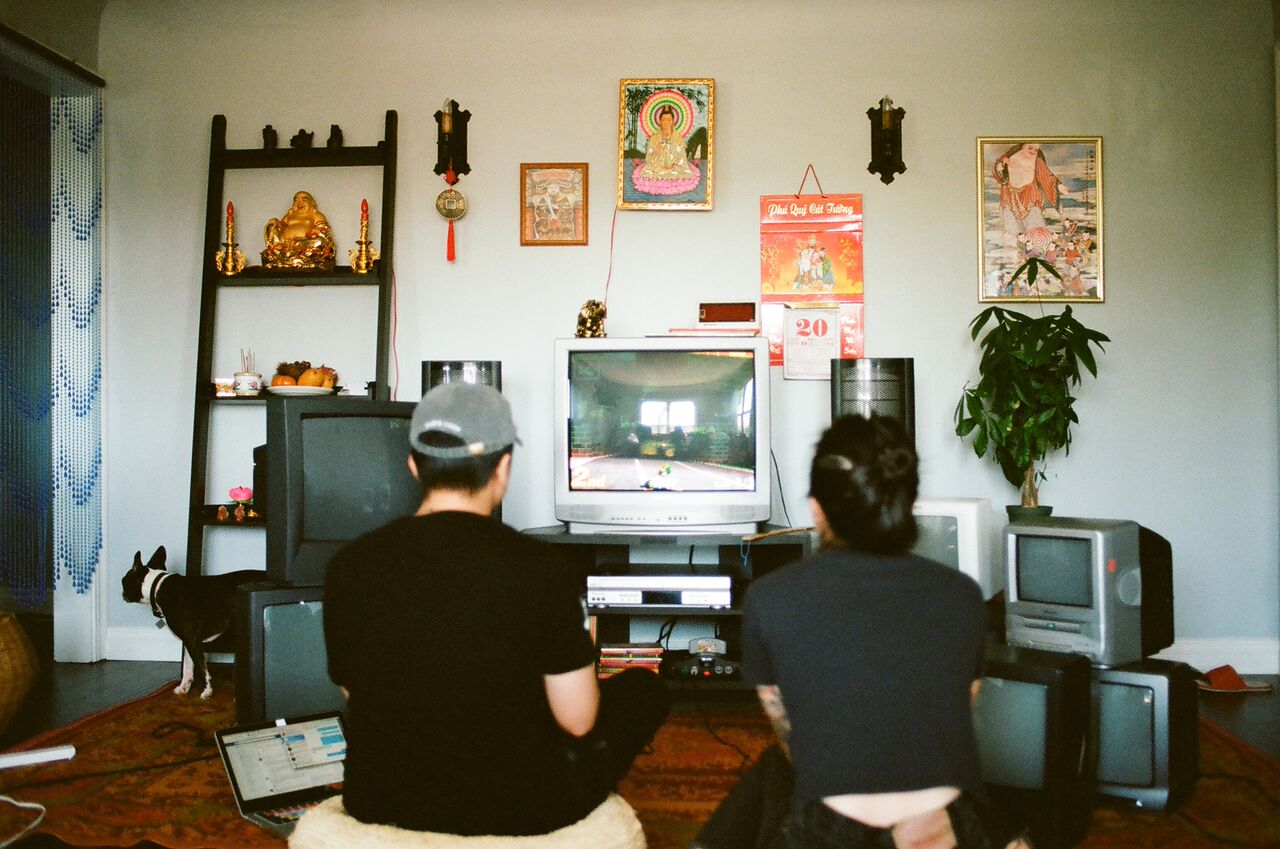First Generation from Andrew Yuyi Truong on Vimeo.
Can you tell us a little bit about yourselves? For instance, how did your families end up in the United States, what were your paths into the film industry, and what is your relationship with Asian American or Southeast Asian American Studies or history?
Jeannie: My name is Jeannie Nguyen, and I am the director of the short film, “First Generation.” Both my parents are from Saigon, and arrived in the States in 1979. I was born and raised in San Jose. I went to San Francisco State University (SFSU) for college, moved to Orange County about 7 years ago, then to LA a couple years after that. I had always been interested in the arts, but my parents did not really encourage it. I graduated SFSU with a degree in business, and after spending a few years in the corporate world, I realized that I needed to branch out and do what I wanted to do, which eventually led me to making films. In terms of my exposure to Asian American representation in the classroom, I took this one history class with a Japanese American teacher who taught us a little bit about Asian American history, but other than that, nothing really comes to mind. I don’t think I had an Asian teacher in college, and I didn’t take any Asian American Studies classes either.
Andrew: My name is Andrew Truong, and I am the cinematographer of “First Generation.” My family is from Sa Đéc, which is about three hours south of Saigon, and they came to the United States in 1977. I was born in South Carolina, moved to Sacramento when I was 1 year old, and moved to San Jose when I was in the eighth grade. I came down to Southern California when I went to UC Irvine for college, and have been down here ever since. In terms of the arts, I was exposed to photography in high school, but I did not think that you could make a living off of it. My parents were the typical Asian parents who wanted me to become a doctor, a lawyer, an engineer - it makes sense because our parents came here with nothing and they worry about whether we will have enough money to survive. I actually got my degree in business as well, and it was after working in a dead-end job, getting laid off, and getting unemployment that I got my first video camera and just began shooting. For me, it was not until these last few years that I started learning more about Vietnamese history. We actually spent some time in Vietnam last year to shoot an art film with a Vietnamese artist friend, and he was the one who educated me about our history and inspired me to learn more about our heritage. It’s funny how so many in our generation kind of need to have this self-actualization moment to push us to connect with our roots.
What was the inspiration behind “First Generation”?
Jeannie: We were just having a conversation about the style of the 90s - like JNCO jeans, butterfly clips, and cornrows - and I thought it was such an eccentric style for this minority group that is typically seen as submissive and nerdy. So we thought it would be cool to film something that takes place in this era. To further develop this idea, I then started thinking about how when I was younger, I would read “Seventeen” and “Teen Magazine,” but was unaware of the messaging. But as I got older, I realized how these magazines and the media conditioned me to feel and think a certain way about being Asian, and how I never really had a role model who looked like me. So I wanted to create something that tells this story in a creative and stylistic way.
Andrew: We wanted to dive deeper into our history and our background, and think about the psychological effects the media had on us at such a young age and continues to have on us. People’s perceptions of beauty are so skewed, especially now when you think about forces like Instagram and the pervading influence of Westernized South Korean beauty ideals in Asia.
How did you shoot “First Generation"?
Andrew: “First Generation” was actually supposed to be the first part of a four-part series, with the character of My-Linh going through this transformation. We filmed the first part on our own dime since we felt it could be a standalone and use it to get funding for the rest of the series.
Jeannie: We shot “First Generation” in LA in May, and after post-production we began submitting it to film festivals, and ultimately released it on Vimeo. This was our passion project so we funded everything ourselves and pulled a lot of favors. The majority of the crew, who were our friends, were Asian Americans, too. In terms of casting, it was more difficult because we didn’t know too many Asian American actors, especially ones for the protagonist who needed to have a certain look that we were going for. We did have a casting call, but it didn’t go too well, so we reached out to friends who connected us with these Instagram models.
One of the many things we loved about the film were the visual elements – the TVs, the magazine spreads, the orchids, the black paint. What were the significances of these elements?
Andrew: We wanted to have a lot of symbolism to get into the mind of what My-Linh was going through. For the TVs, after My-Linh dyed her hair, we had nine TVs going off at the same time to represent the overwhelming feeling of what the media can do to you. We wanted the shot to feel as if you were being sucked into this advertising world where they are brainwashing you. For the magazines, we wanted to have a similar effect. We also wanted to show the audience how these magazines feature almost no people of color. We actually went to an old magazine shop to find ones from the 90s, and it’s where we found the one with the Scarlett Johansson feature in it. The orchids were meant to symbolize not only the deterioration of the hair, but also of the soul. The black paint was used to show the rebirth of My-Linh, this moment of self-actualization when she asks herself, “Why am I really dying my hair?” The black paint then kind of represents her Asian self and the ensuing transformation.
Jeannie: We actually poured real black paint on her, but we used children’s paint that was washable and non-toxic.
We also love that this film is created by two Southeast Asian Americans! What can people do to help support the work of other SEAA directors and SEAA storytelling?
Andrew: I think the best thing people can do is share the work so that more eyes can see them. In terms of resources, I know about Visual Communications, the ones who hold the LA Asian American film festival.
Jeannie: Supporting one another is also super important. Just reaching out and supporting us in this way is so meaningful.
Behind the Scenes
Jeannie Nguyen
Jeannie is an Asian-American filmmaker born and raised in San Jose, Calif. and now currently residing in Los Angeles. Her work plunges deep into the social issues of the model minority and creates surreal dream-like narratives to strike a conversation. Her inventive approach to filmmaking, inspired by personal experiences, challenges the way minorities along with social issues are portrayed in the media. Jeannie has developed a passion for creative narrative work and is committed to fill the void in the filmmaking industry. A void where she can both represent females and minorities in their truest forms.
Andrew Yuyi Truong
From surviving the harsh winters of northern Scandinavia to witnessing the aftershocks in Nepal, Andrew is a world traveler whose work has been featured by Apple, Billboard, Complex Mag, and Hypebeast. With experience of analyzing light and immersing himself in over 30 countries, he is able to fabricate any mood to enhance a story. His travels are what allow him to continue to find new stories and practice his craft. Andrew has an unrivaled technical eye for detail and the ability to problem solve through cinematic theory and lighting techniques.
Photos are courtesy of Jeannie Nguyen and Andrew Truong and should not be reproduced without their permission.

